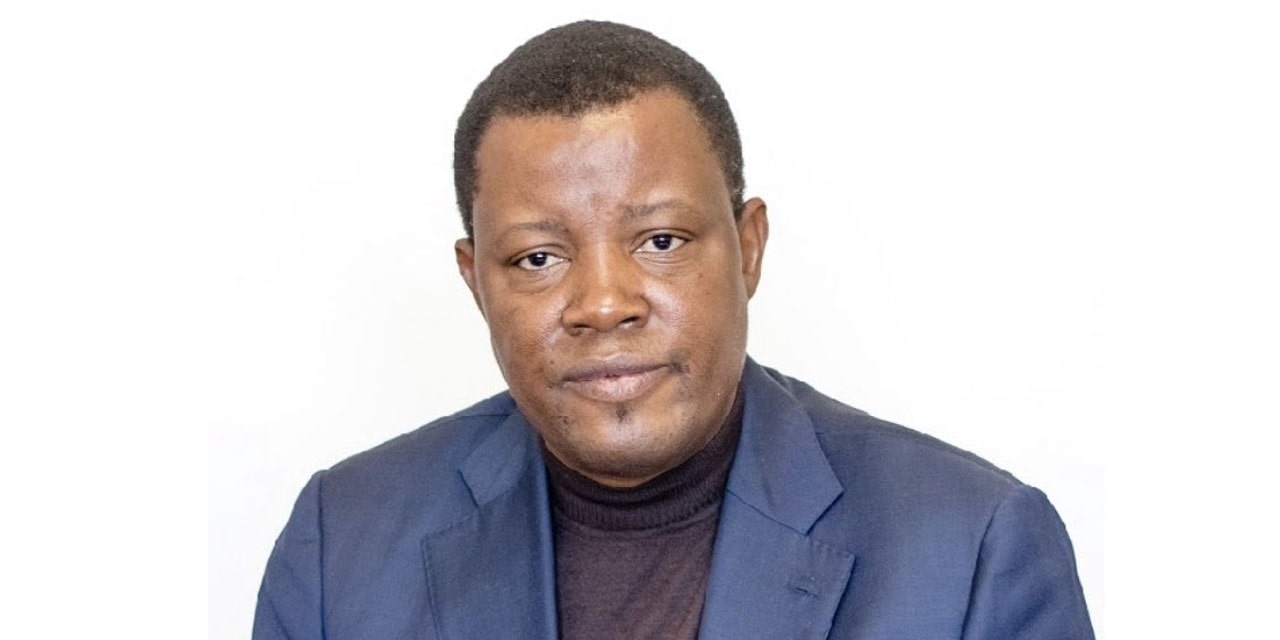Stefanus Nashama
Popular Democratic Movement (PDM) Leader, McHenry Venaani, says there is a huge gap existing in the country’s rural areas in accessing to necessary resources for Small and Medium-sized Enterprises (SMEs) development.
“Without adequate funding, coaching and mentoring resources, these businesses are hindered from reaching their full potential and driving sustainable economic growth in their communities,” he said.
He highlighted that SMEs play a vital role in driving economic growth, creating employment opportunities and fostering local development.
“It is for this reason, the government should address the challenges faced by rural SMEs and empower them to contribute effectively to our nation’s progress, he argued.
The lawmaker also wants Government representatives to refrain from what he terms as singing of old and lame tunes that have nothing to empower SMEs in rural areas.
He said many people, especially the youth in rural areas are said to be depending on small businesses only which they need to grow to improve their source of income.
To this, Venaani is concerned that many young people in rural areas struggle for business resources to start up or grow their businesses, which he said is the only hope for their end meets.
“SMEs form the backbone of our economy, serving as engines of innovation, job creation and community development,” he reiterated.
The politician also noted that many of these enterprises continue to operate in isolation, without access to the necessary financial support and guidance they need to flourish.
According to Venaani, the absence of accessible funding options for rural SMEs stifles their ability to invest in technology, expand their operations and explore new markets.
He is therefore suggesting that Government establish dedicated funds that provide affordable financing options for rural SMEs.
This, he said should include low-interest loans and grants to enable SMEs to invest in infrastructure, technology and human resources.
He also wants the government to collaborate with local business associations, chambers of commerce, and educational institutions to create coaching and mentoring programs tailored to the unique needs of rural SMEs.
He is also of the view that the government needs to reduce bureaucratic barriers to encourage rural SMEs formalisation.




